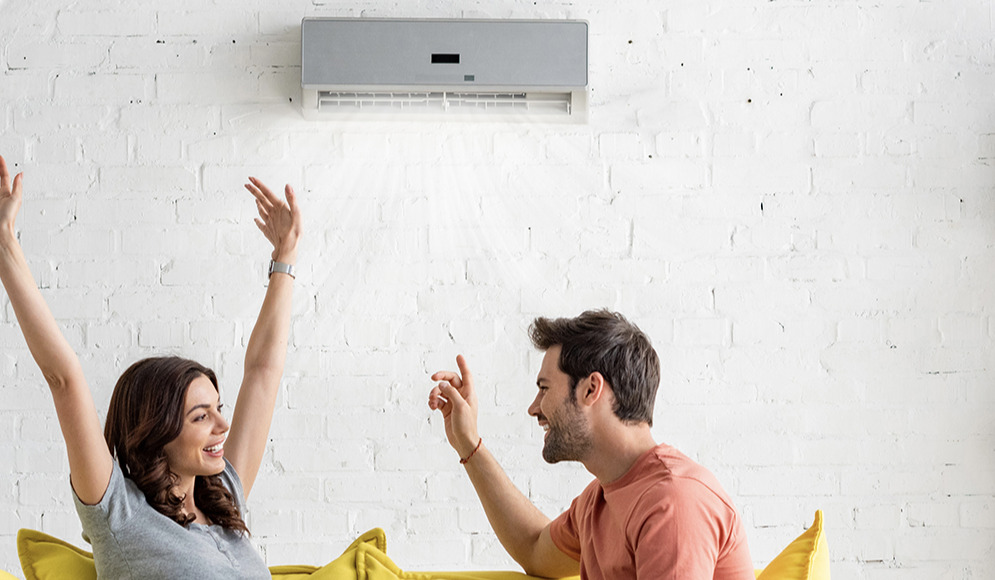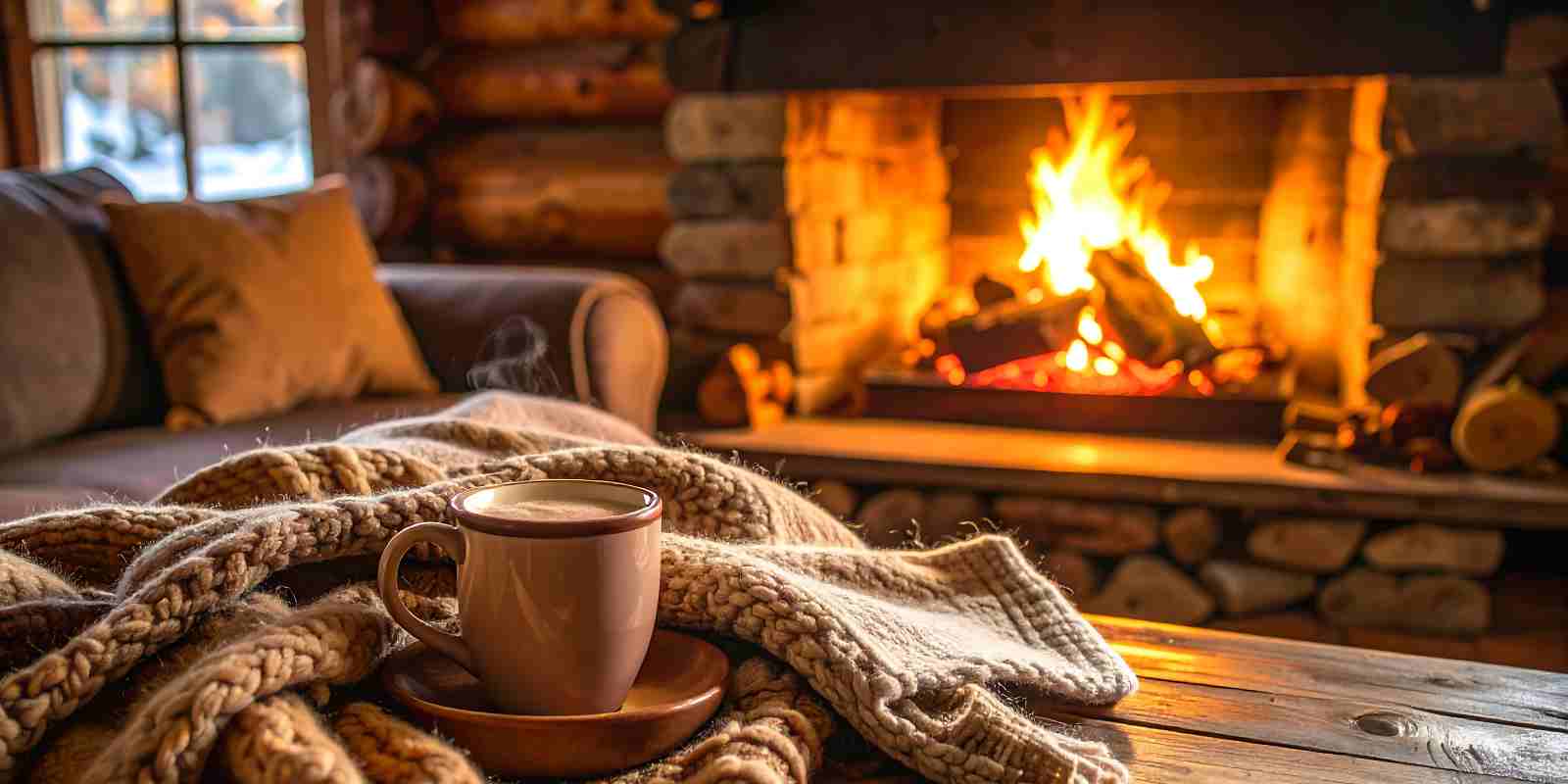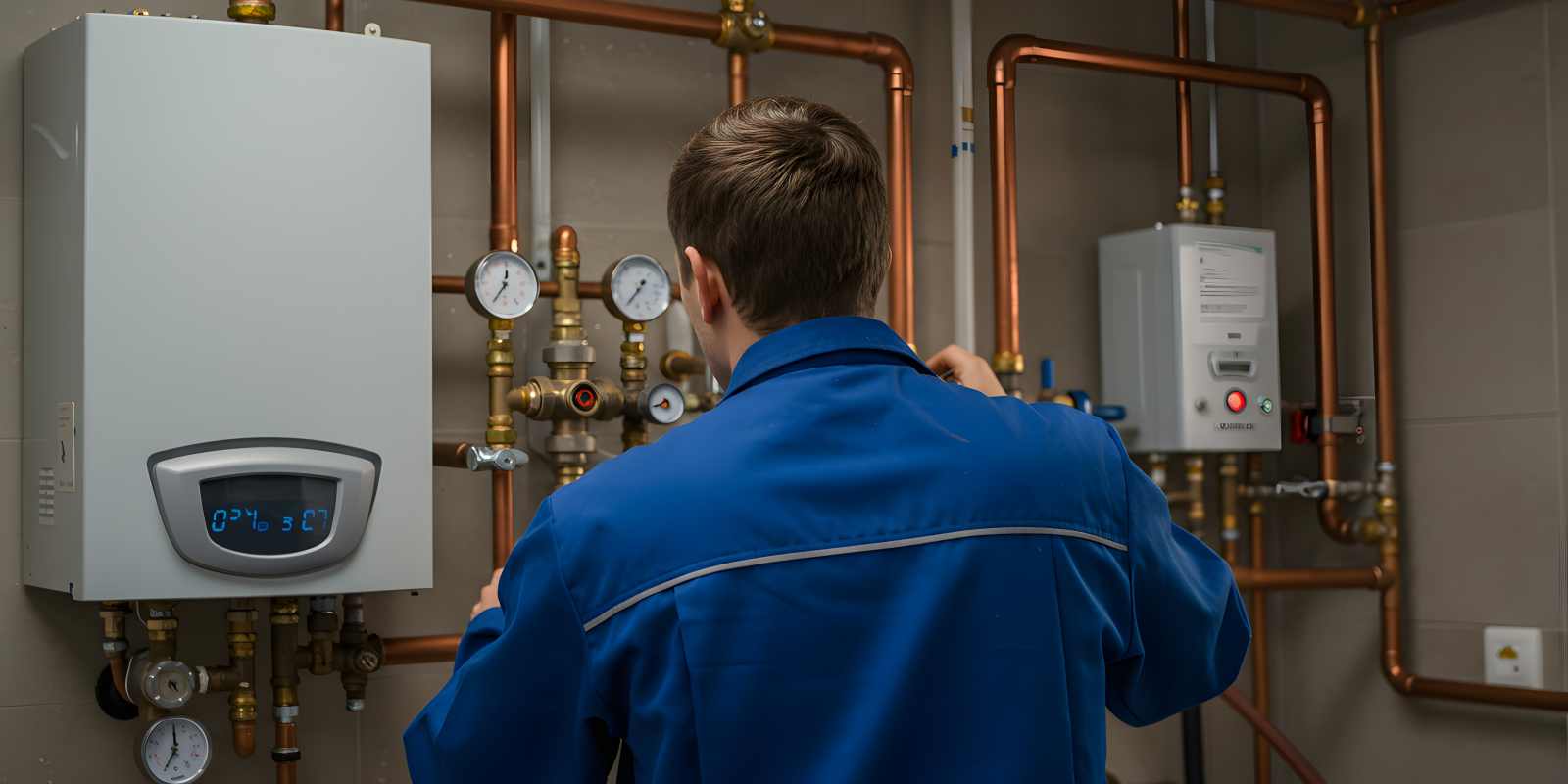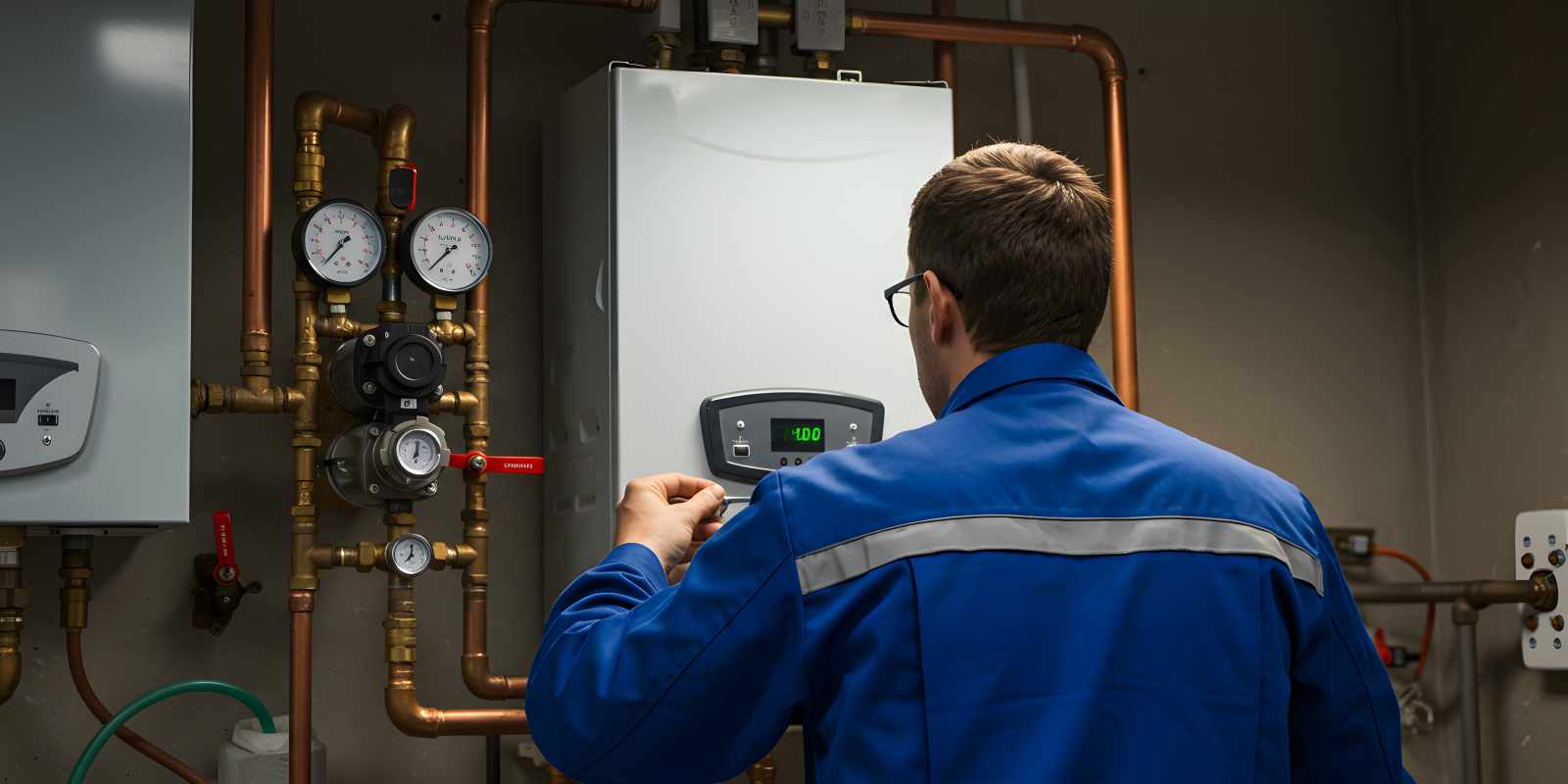
Preventative maintenance is key to a healthy HVAC system, and a comfortable, happy indoor environment.
As the temperatures make a dramatic increase or decrease throughout the year, it is important to ensure that your HVAC system is prepared and ready for the changing seasons. Even if you have a new HVAC system that is only a year or two old, regular maintenance is key. You want to make sure that your new system is working efficiently and property and avoid any costly repairs.
If you have an older HVAC system, servicing it regularly can help locate critical areas for maintenance long before those components are in danger of breaking down.
5 Reasons to Schedule HVAC Maintenance
- Increase Efficiency & Save Energy – With the rising costs of energy, an HVAC unit running at peak efficiency can save you hundreds, if not thousands of dollars each year in gas and electricity bills. Using less energy is good for the environment, too. Scheduled maintenance of HVAC systems improves their efficiency and simple maintenance solutions — like checking compressors for leaks and cleaning tubes — ensures your unit works properly throughout the season.
- Save More Money – Reactive maintenance (only when it’s needed) is a costly way to maintain your HVAC unit. Regular servicing can spot big problems while they are still small – it’s easier to repair a small water leak in a unit than a flood on the floor of your home or office from a plugged condensate line or cracked overflow pan.With the rising costs of energy, an HVAC unit running at peak efficiency can save you hundreds, if not thousands of dollars each year in gas and electricity bills.
- Avoid Unnecessary Repairs – Your HVAC technician from A. Borrelli can suggest critical areas for maintenance long before those components are in danger of breaking down. Take care of multiple issues at once, and you’ll have fewer visits from technicians disrupting your busy schedule or summer vacation.
- Keep Your Home and Business Safe – Old or poorly maintained HVAC units present a potential carbon monoxide hazard. Misplaced or old wiring can also be a potential fire hazard. Regular service ensures that any problems are detected and fixed long before they become a threat to your employees or family.
- Extend the Life of your Units – HVAC units are complex machines with many components. If one part is failing, it can place a strain on all the other parts, leading to greater wear and tear on otherwise healthy components. Well maintained units can last up to 15 years, but not if it’s poorly maintained. Your unit will last longer overall if you replace the worn-out parts as soon as possible.
Spring/Summer HVAC & Air Conditioning Maintenance Checklist
- Replace Air Filter – Your HVAC system needs proper airflow to work properly. If not properly maintained, dust and allergens can clog your HVAC ducts and filters. When the air filter is dirty, it slows down the process of heating or cooling, and can negatively affect the home’s indoor air quality. Depending on your AC unit, remember to replace or clean your air filter every 30-90 days. Check the manufacturer guidelines for the exact time frame.
- Clean Evaporator Coils – The unit’s evaporator coils are among the more important part of an AC unit. They capture heat from the air inside your home, dehumidify your home and provide the cooling that is required to produce the cold air. Dirty evaporator coils can reduce the heat transfer, increase energy use, and lead to more wear and tear. Evaporator coils are found inside the indoor air handling unit. While it is possible to clean the evaporator coils at home, we recommend calling your local heating and cooling company to clean it, as well inspect the system and provide other basic maintenance.
- Clean the AC Condenser Coils – The AC condenser coils help release the captured heat from the evaporator into the air around the A/C’s outside unit. They are found in an outdoor cabinet or unit. During the winter, dust and debris can built up around the unit. If the debris isn’t cleaned, it can prevent heat from escaping, making your AC unit work harder and inefficiently. So it is important to clean the unit to allow for proper heat flow. Call a professional HVAC expert to clean the condenser coils and do a regular maintenance check on your entire unit.
- Inspect Ducts for Dust, Mold or Debris – Clean ductwork not only improves indoor air quality (especially for people with respiratory problems), it also leads to a more efficient HVAC system as dirt and dust restrict air flow.
- Remove any Standing Water from Drain Pans – If an air conditioner’s drain pan is full of water, the most common reason is a clogged drainpipe. Check for any leaks, cracks, or other problems with the drain line. Although this is a fairly straightforward problem, it’s best to contact one of our experienced technicians for this AC repair.
- Check Your Thermostat to Make Sure It Works Properly – Keep the thermostat clean of dust and debris to make sure it calibrates properly. Tighten any loose connections or wires with a screwdriver, and use a cotton swab to clean away corrosion.
Fall/Winter HVAC & Heating Maintenance Checklist
- Replace Air Filter – As in spring and summer, remember to replace or clean your air filter every 30-90 days. Check the manufacturer guidelines for the exact time frame.
- Add Insulation – While it may not seem like a part of the HVAC system, insulation in your home plays a key role in the overall efficiency of your heating system. Spray foam insulation can be blown into your attic on top of existing insulation to help stop the cold from settling through your roof. Your basement and crawl spaces are often big sources of heat loss as they are unheated but typically have little insulation separating them from the heated areas of your home. Special insulation panels can be added to the ceilings of these spaces. Caulking and weatherstripping plug gaps can be used around your windows to keep warm air in and cold air out. Caulking is used where the frames meet the exterior siding. Weatherstripping is used between the movable joints of windows, such as along the edges of the sashes.
- Be Wary of Any Smells – The first time your furnace or boiler kicks on in the season, there may be a smoky smell like something burning that comes out of your vents. This can be a sign of any number of potential problems with your HVAC system, some of which can be dangerous to you and your family.
- Inspect the Heat Exchanger – Gas leaks at a furnace heat exchanger can lead to fatal carbon monoxide poisoning. Check for any odors, or burner flames. Call an HVAC technician for a full furnace checkup before you turn it on for the season.
- If you have a gas furnace, call a technician for gas leaks.
- Check your heat pump – Your heat pump operates just like a central air conditioner with the added benefit of providing heat for your home during the winter season. Make sure the outdoor unit isn’t blocked or frozen. If it is blowing cold air in heat mode, call a technician to resolve any issues.
- Replace old belts and pulleys – Furnaces use belts to operate the air blower and motor. If a belt is old, it can easily break in the middle of winter. Check and change old belts and pulleys to make sure your furnace runs properly all winter long.
—
With over 40 years of experience serving New York, A. Borrelli can help with all of your home HVAC needs. Contact us for your HVAC questions and inquiries.



